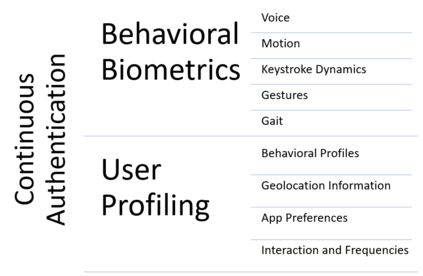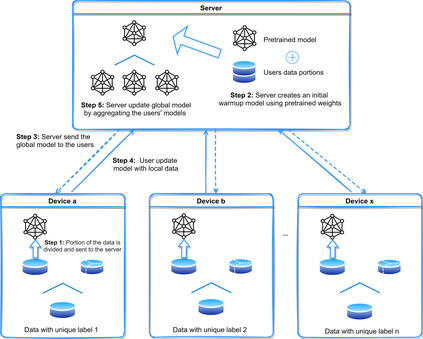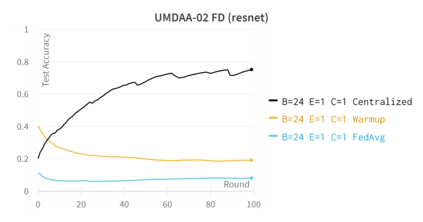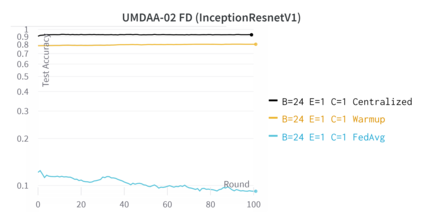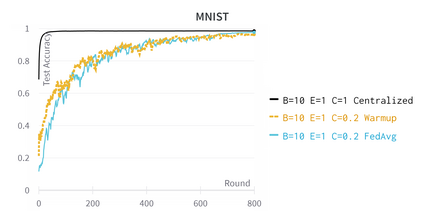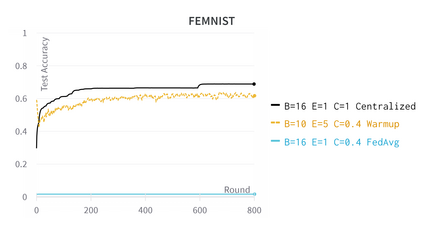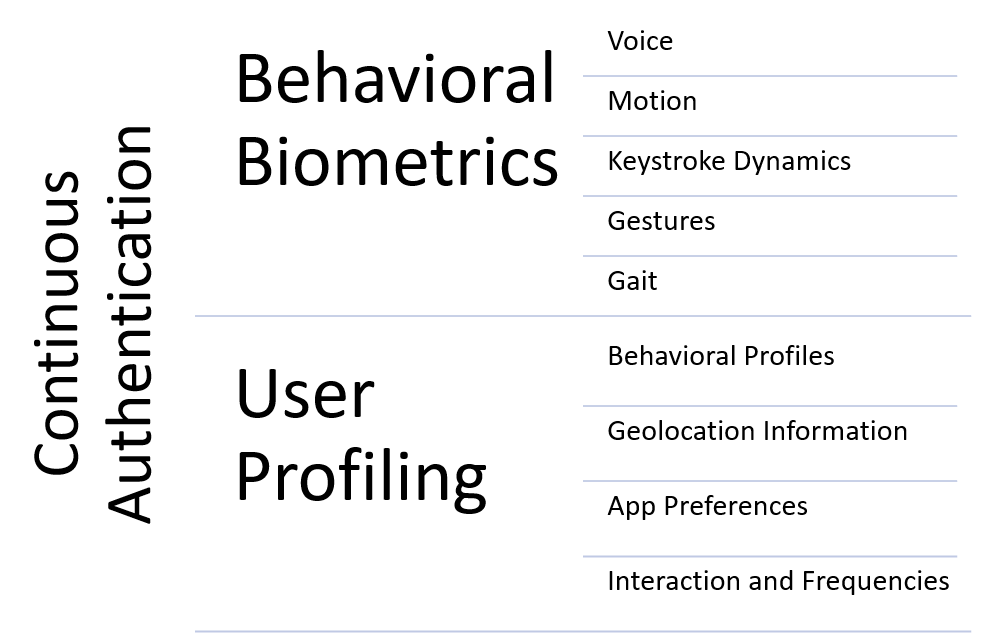Continuous behavioural authentication methods add a unique layer of security by allowing individuals to verify their unique identity when accessing a device. Maintaining session authenticity is now feasible by monitoring users' behaviour while interacting with a mobile or Internet of Things (IoT) device, making credential theft and session hijacking ineffective. Such a technique is made possible by integrating the power of artificial intelligence and Machine Learning (ML). Most of the literature focuses on training machine learning for the user by transmitting their data to an external server, subject to private user data exposure to threats. In this paper, we propose a novel Federated Learning (FL) approach that protects the anonymity of user data and maintains the security of his data. We present a warmup approach that provides a significant accuracy increase. In addition, we leverage the transfer learning technique based on feature extraction to boost the models' performance. Our extensive experiments based on four datasets: MNIST, FEMNIST, CIFAR-10 and UMDAA-02-FD, show a significant increase in user authentication accuracy while maintaining user privacy and data security.
翻译:持续的行为认证方法增加了一个独特的安全层面,允许个人在使用设备时核查其独特身份。现在,通过监测用户在与移动或互联网“物”装置进行互动时的行为,保持会议的真实性是可行的,使身份盗窃和会场劫持无效。这种技术是通过整合人工智能和机器学习(ML)的力量而得以实现的。大多数文献侧重于培训用户的机器学习,将其数据传送到外部服务器,但需视私人用户数据是否受到威胁。在本文件中,我们提议采用新颖的联邦学习(FL)方法,保护用户数据的匿名性,并维护其数据的安全。我们提出了一种提供显著准确性提高的暖化方法。此外,我们利用基于特征提取的传输学习技术来提高模型的性能。我们基于四个数据集的广泛实验:MNIST、FEMNIST、CIFAR-10和UMDAAA-02-FDA, 显示用户认证准确性显著提高,同时保持用户隐私和数据安全性。
相关内容
Source: Apple - iOS 8

